So, did they speak? How often? What about? The very coyness around the question of whether Donald Trump and Vladimir Putin spoke on the phone — Trump says so, maybe more than once, while the Kremlin is neither confirming nor denying — suggests that pre-discussion discussions on the war in Ukraine are indeed already taking place.
General Keith Kellogg, Trump’s special envoy for the war, has stated that no peace plan will be unveiled at next weekend’s Munich Security Conference (the Davos of the security set). But in some ways that is disingenuous. As one Foreign Office staffer suggested, “It’s not necessarily the time and place for a public reveal, but it is a great place to float some ideas and see who thinks what.”
The particular challenge is that, for all the “nothing about Ukraine without Ukraine” rhetoric, this will be a negotiation process with three and a half sides: the Ukrainians, the Russians, the Americans, and, sadly making up the half of a side, the Europeans. It is in itself a mark of the degree of diplomatic phony warring that everyone is making a point of sounding tough to bolster their initial positions.
Trump wants to end the war, or as a minimum impose a ceasefire — not least, a cynic might suspect, in the quest for a Nobel Peace Prize. He has spoken with Ukraine’s Volodymyr Zelensky but also, it seems, Putin. When asked on Airforce One about a conversation with his Russian candidate, he replied “I’ve had it. Let’s just say I’ve had it…And I expect to have many more conversations. We have to get that war ended.” He claimed that they were making progress and that Putin also wanted an end to the war. Meanwhile, Kellogg is playing “bad cop” to the Donald’s “good.” He is suggesting that economic pressure on Moscow could still be tightened significantly, as sanctions enforcement is at present “only about a three” on a scale of one to 10. In particular, he identified room for more controls on Russian oil exports, adding that “if there’s anybody who understands leverage, it’s President Donald J. Trump.”
The Russians, true to form, are maintaining their tough line. Presidential spokesman Dmitry Peskov was equivocal on whether there had been direct contacts at the presidential level, but admitted that “many different communications are emerging.” Extremist politicians and pundits continue to talk up Moscow’s demands, but this is normal practice, intended to allow the Kremlin to sound moderate. However, Leonid Slutsky, head of the Russian parliament’s international affairs committee and also the ultra-nationalist Liberal Democratic party, went so far as to suggest that preparations for a Trump-Putin summit were at “an advanced stage” and could happen this or next month, possibly in Saudi Arabia or the UAE (though Turkey is also keen to be in the running). The Russian position, after all, is that Moscow and Washington can and should settle this matter between them, and Kyiv will just have to accept its fate.
Needless to say, this is not what the Ukrainians are willing to accept. After a rocky start to their relationship, Zelensky is trying hard to woo Trump. In particular, Kyiv is looking for new ways to make its war an American priority. From making a moral argument and presenting its struggle as also a fight for Europe, it has pivoted to the kind of transactional language closer to the new president’s heart, offering privileged access to its rare earths and other mineral deposits. At present, admittedly, the conversation is around the opportunity to invest, rather than the outright ownership Trump raised, but it demonstrates that Zelensky realizes he is in a bidding war, too.
Of course, if the US gets special access to Ukraine’s wealth as part of some end-of-war settlement, this will leave Europe in a tough spot, not just deprived of economic opportunities but also, frankly, humiliated. Europe — including Britain — has not yet managed to adapt to the Trump 2.0 era, still relying on the mantras that passed for policy under Biden. The Russian state newspaper Rossiiskaya Gazeta published a commentary which stated that Kyiv:
has realized that Trump loves speed, and so for the next hundred days they have decided to gently slow down the peace process he announced and not to agree to anything concrete. Then either Trump will get tired, or the anti-Trump, European-British coalition will regroup and pull up its reserves.
Mired in concerns about trade wars, and with London seemingly still unsure about how far it is willing to take a bullet for Europe in order to demonstrate its friendship, it is hard to see such a “coalition” taking the initiative, though.
So, the maneuvers and behind-the-scenes discussions continue. No peace plan yet, let alone any meaningful negotiations, but signs from every quarter that they expect something to happen sooner rather than later. Whatever it may be.



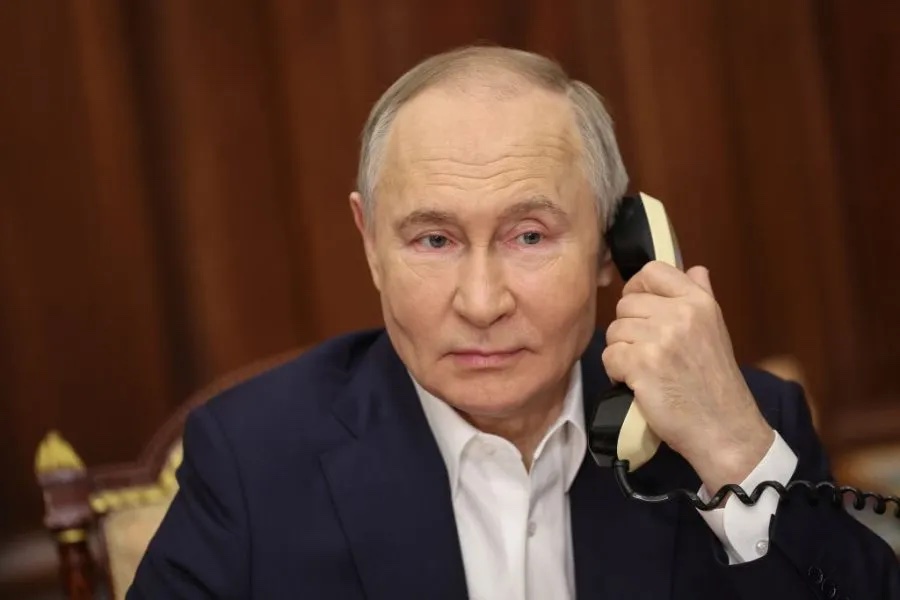






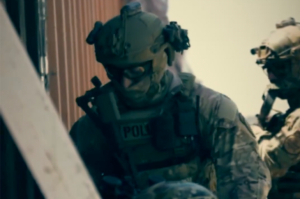

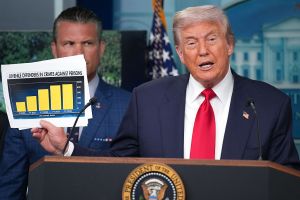


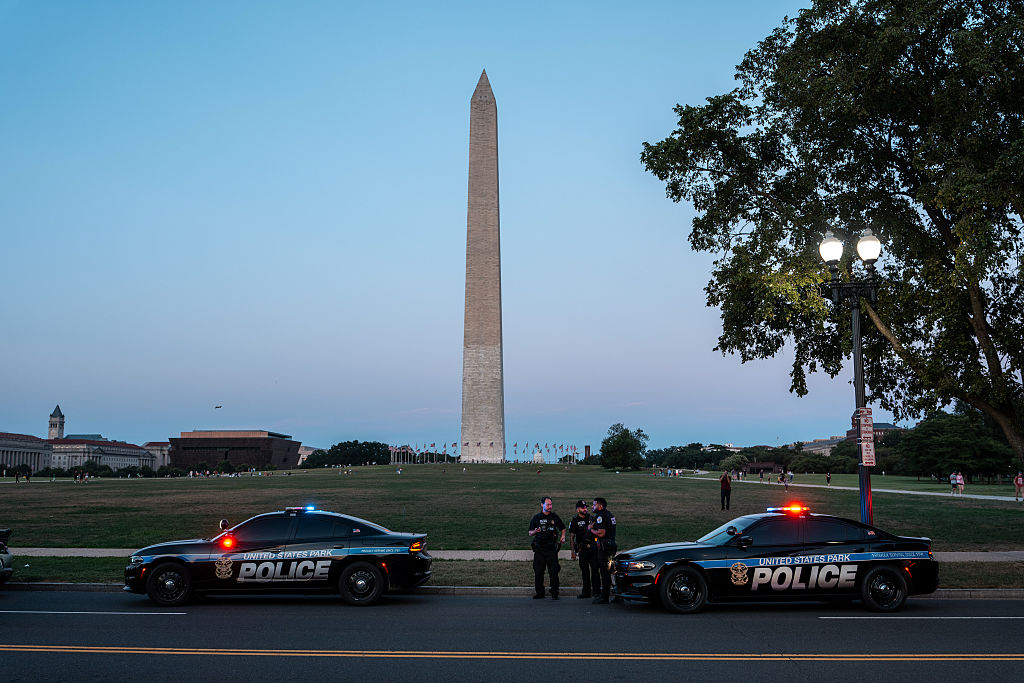
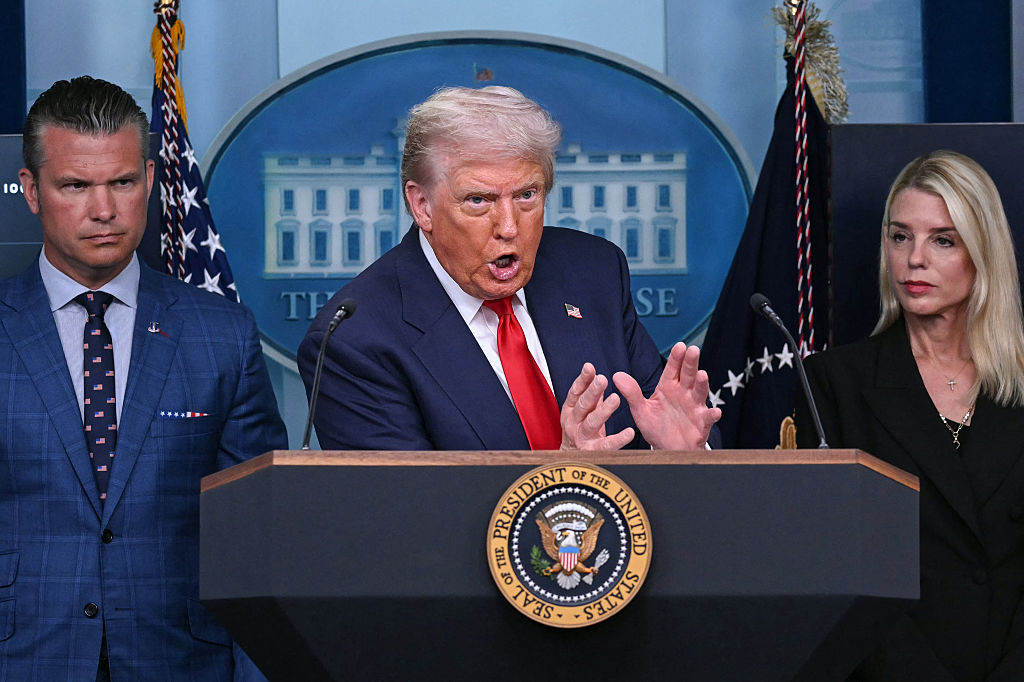

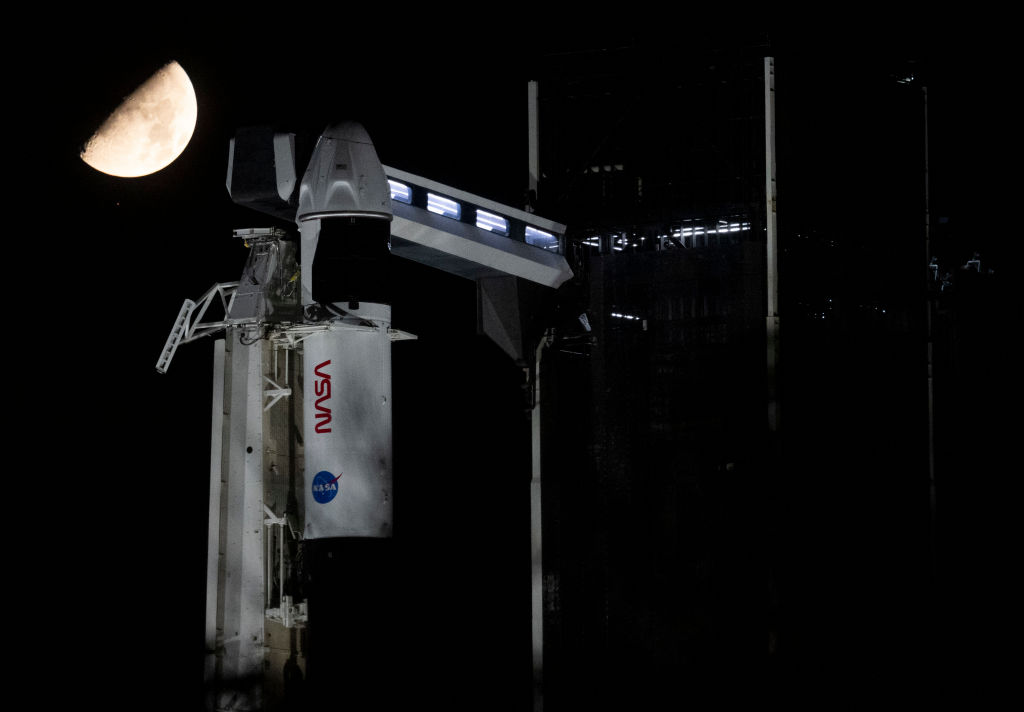







Leave a Reply